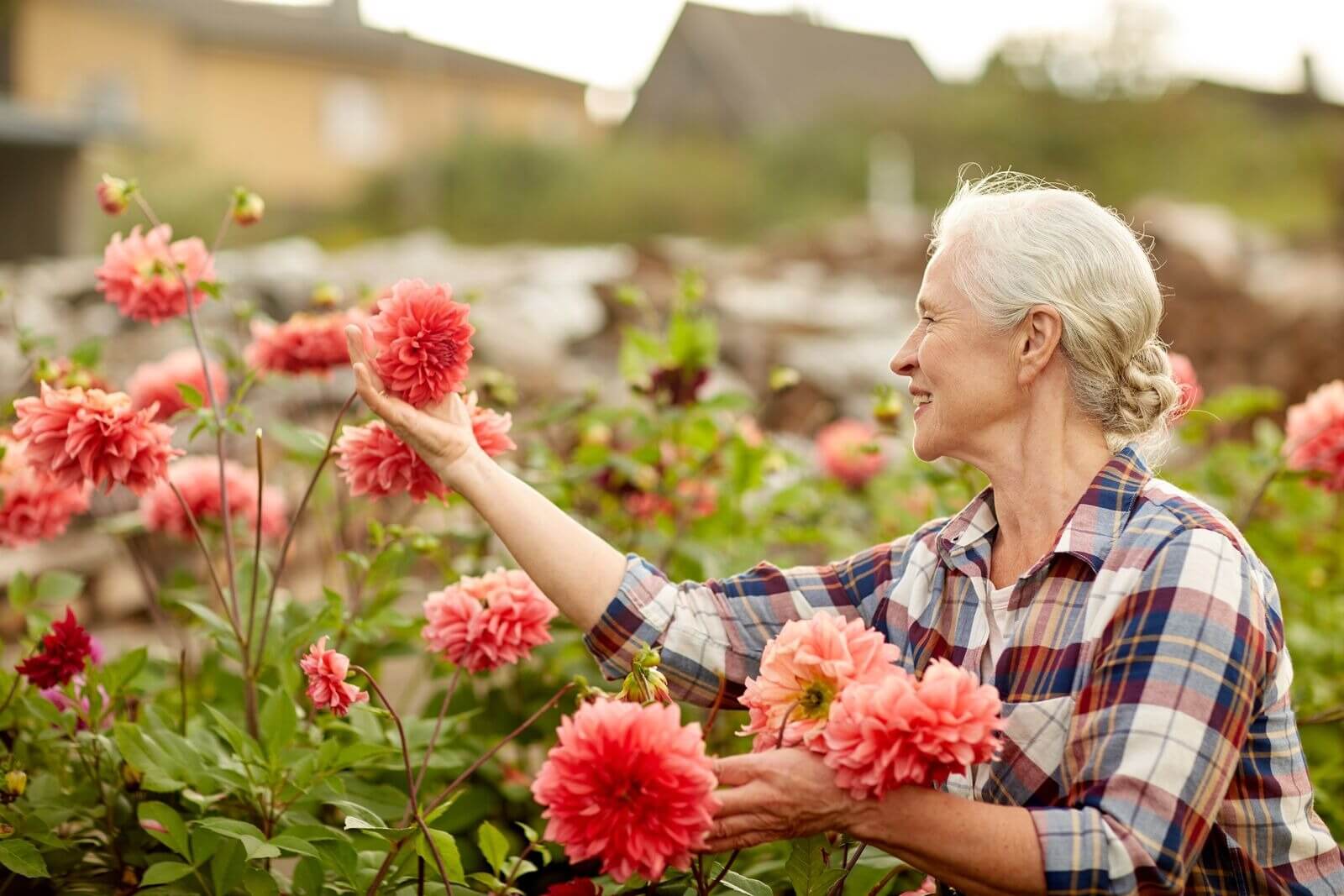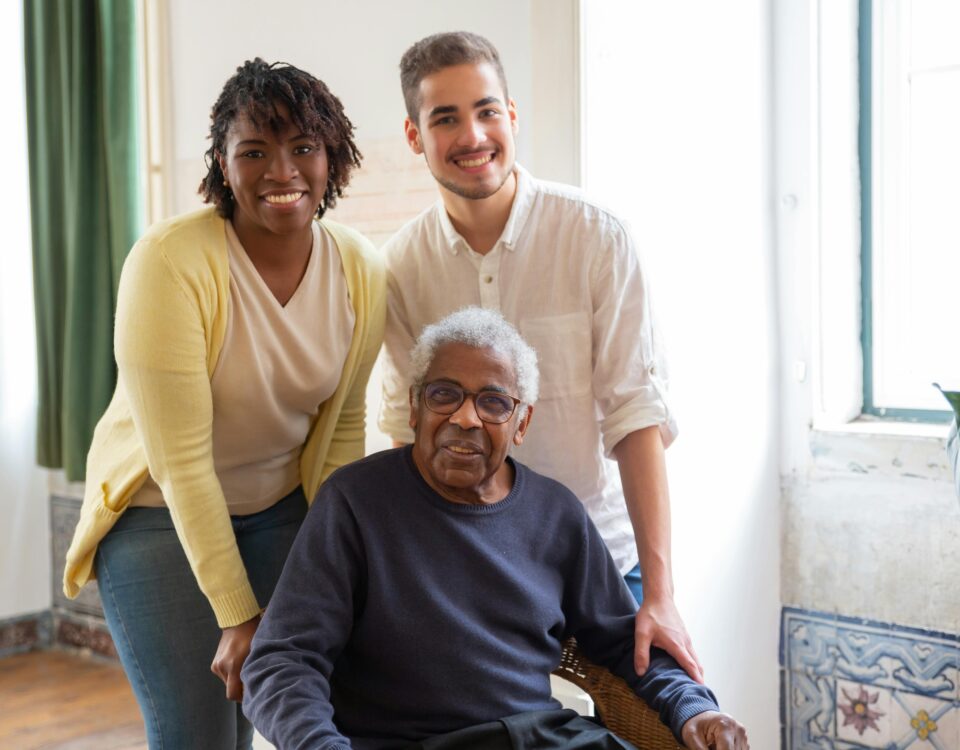Gardening and Composting 101: What it is and Why You Should Do It

Tips for Finding a Balance Between the Cost of Home Care Services and the Help Your Dad Needs
December 30, 2019
What Does it Mean to Take Care of Yourself First?
January 13, 2020Gardening and Composting 101: What it is and Why You Should Do It
What is compost?
Compost is decayed organic material that breaks down naturally when combined to create a nutrient-rich, natural fertilizer that helps your garden grow.

Elder Care Manhattan Beach CA – Gardening and Composting 101: What it is and Why You Should Do It
What is organic material?
Organic material used in composting consists of food scraps and other yard waste materials such as dead leaves, grass clippings, small twigs, and branches.
These are categorized into 3 areas, referred to as browns, greens, and water.
Browns include tree and plant material and greens include vegetable waste, fruit scraps, and coffee grounds. Having the right amount of each of the 3 categories is vital for a proper functioning compost pile.
Why is it important?
Did you know that yard waste and food scraps combined currently make up about 30 percent of what we throw away? These are items that could be composted instead, which would save space in our landfills for other non-compostable items.
Other benefits of composting include:
- Enrichment of soil which helps to retain moisture and suppress plant disease and pests
- Reduction in the need for chemical fertilizers
- Production of beneficial bacteria and fungi for breakdown
- Reduction of methane gas emissions from landfills
- Lowers carbon footprint
- Doesn’t cost anything!
Does it smell?
Contrary to popular belief, if you are composting correctly with the proper ratios of brown and green items and water, and not putting any meat, dairy, bones, pet waste, or fatty substances into your pile, it shouldn’t stink!
How can you start?
To start a compost pile for your senior receiving elder care services, you’ll want to find a dry, shady area that will be suitable for throwing scraps of food and yard waste. We recommend placing it away from your door but not too far away that your senior or elder care provider will be discouraged from using it. You will also want to have access to a water source as well.
Add brown and green items as you collect them, making sure that larger pieces are broken down into smaller bits or shredded, and if any items are dry be sure to moisten them.
Then you’ll want to add in grass clippings and green waste, and bury fruit and vegetable waste under about 10 inches of compost material.
You can keep your compost in an enclosed bin specially made for composting, or simply cover it with a tarp to keep it moist. If you are in a more secluded area, a bin may not be required as long as you have a special designated spot for the waste items.
When the material at the bottom of the pile becomes dark and rich in color, which usually takes between two months to two years, your compost is ready to use!
Your elderly parent receiving elder care services might enjoy getting hands on, recycling their wasteful items, and making something good from their food scraps, so give it a try!
source: https://www.epa.gov/recycle/composting-home
https://www.greenmatters.com/food/2018/12/07/ZboPlt/what-is-composting

